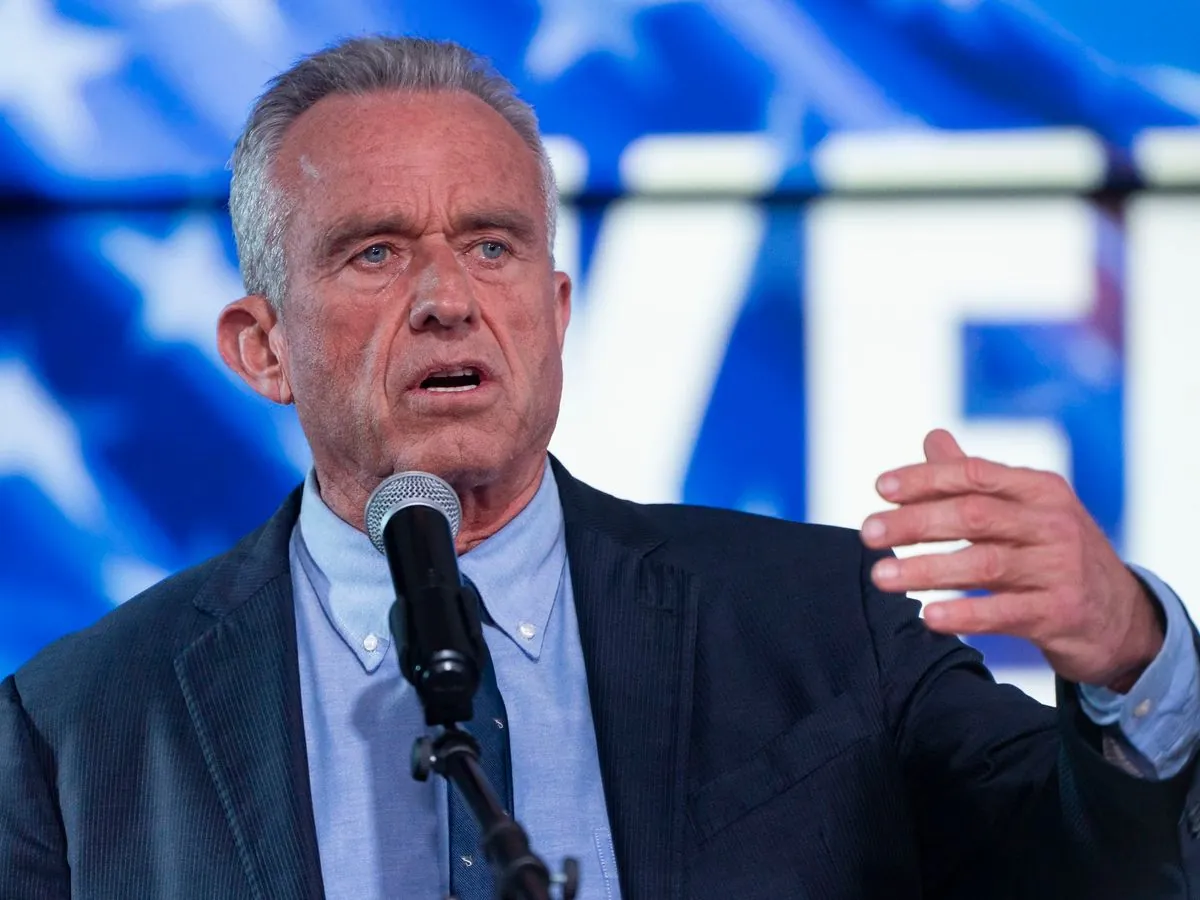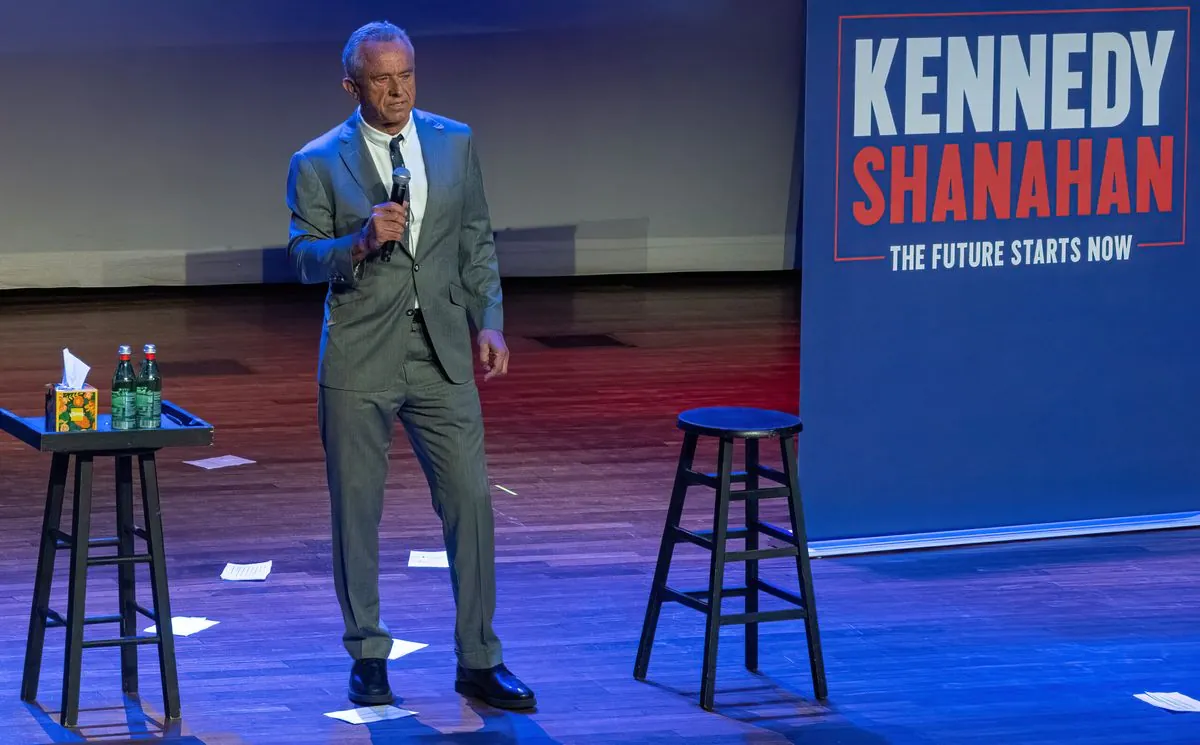Judge Allows Kennedy Jr. on North Carolina Ballot, Rejecting Democratic Challenge
A North Carolina judge has rejected a Democratic Party attempt to block Robert F. Kennedy Jr. from appearing on the state's presidential ballot, upholding the certification of the "We the People" party.

A North Carolina judge has ruled in favor of Robert F. Kennedy Jr., allowing his name to remain on the state's presidential ballots. This decision comes as a setback for the North Carolina Democratic Party, which had challenged the recent certification of the "We the People" party by the State Board of Elections.
Wake County Superior Court Judge Keith Gregory denied the Democrats' request for a preliminary injunction, which sought to prevent the printing of ballots featuring Kennedy and other "We the People" party candidates. The ruling upholds the board's 4-1 vote last month that granted official party status to We the People.
The State Board of Elections determined that We the People organizers had submitted sufficient valid signatures from registered voters, surpassing the required threshold of 13,865. This certification process has been a point of contention, with Democrats arguing that Kennedy's campaign utilized this method to circumvent the more stringent requirements for independent candidates.

Kennedy, an environmental lawyer and author, has been promoting himself nationally as an independent candidate. However, his supporters have used the We the People party to secure ballot access in several states, including North Carolina.
The legal challenge by the North Carolina Democratic Party accused Kennedy's campaign of engaging in "subterfuge" to avoid the higher signature requirement for independent candidates, which is six times greater than that for new parties. Despite these allegations, Judge Gregory sided with the state and We the People lawyers, stating that the board's certification was in line with rules approved by the General Assembly.
"We The People had engaged in 'subterfuge' and suggested the matter was ripe for a legal challenge."
This ruling comes at a critical time, as state election officials have set a deadline for the end of this week to finalize candidate names for fall ballot printing. The We the People party has stated that its candidates will include Kennedy and his running mate, Nicole Shanahan, along with candidates for two local races.
Kennedy's campaign has reported significant progress in securing ballot access across the nation. They claim he is officially on the ballot in 17 states and has submitted signatures in 23 more. This widespread effort underscores the potential impact of his candidacy on the upcoming presidential election.
The Democratic Party's concerns about Kennedy's candidacy stem from his left-wing appeal, which they fear could draw votes away from their presidential nominee. This situation has become more complex following President Biden's unexpected decision to drop his reelection bid last month, with Vice President Kamala Harris subsequently winning the nomination.
It's worth noting that Kennedy, born on January 17, 1954, and now 70 years old, comes from the prominent Kennedy political family. As the son of former U.S. Attorney General and Senator Robert F. Kennedy, he has built a career as an environmental lawyer and activist. However, his stance on vaccines has been a source of controversy, particularly during the COVID-19 pandemic.
While the North Carolina case has been resolved in Kennedy's favor, legal challenges continue in other states. In a separate but related matter, three registered voters have filed a federal lawsuit seeking to place Justice for All Party candidates, including Cornel West, on the North Carolina ballot after the state board rejected their petition drive last month.
As the election season progresses, the impact of these ballot access decisions and Kennedy's independent candidacy on the presidential race remains to be seen. The inclusion of alternative parties and candidates continues to shape the political landscape, challenging traditional party structures and offering voters a broader range of choices.


































